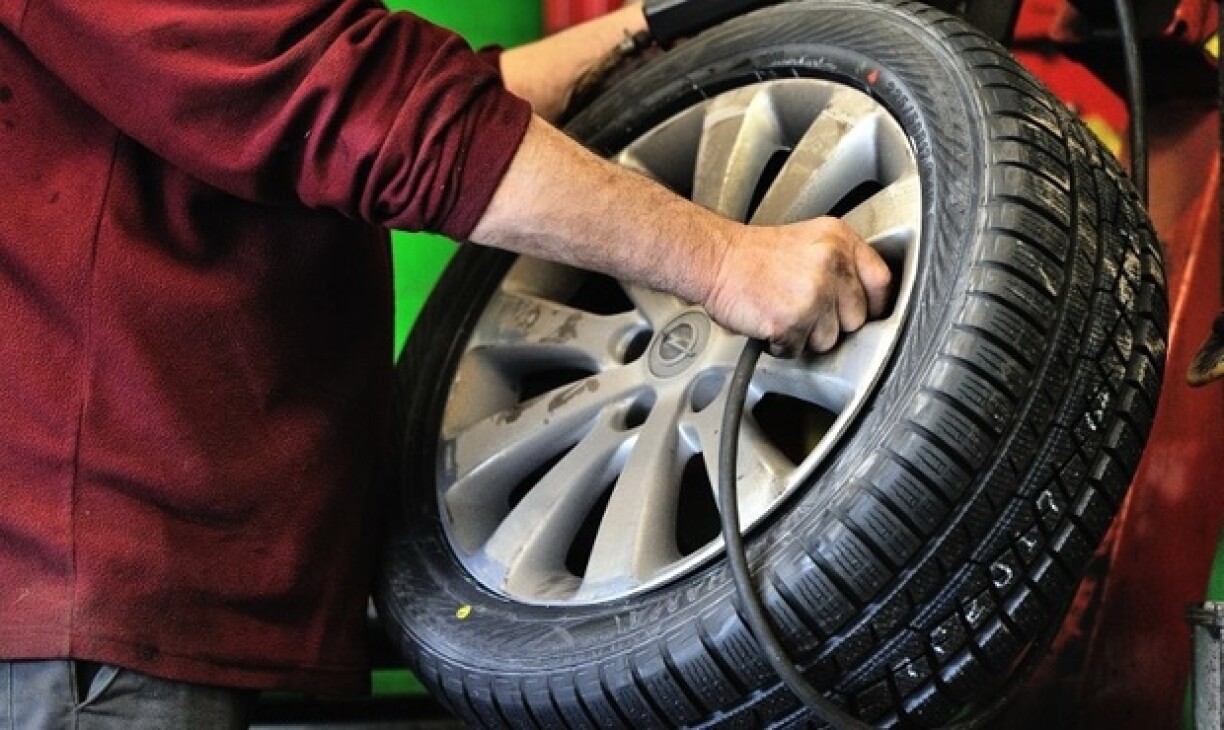
“Summer tyres are not recommended below 7°C": this is what the police write on their official page, but are there any real regulations?
Yes, but it is relatively vague. According to the Luxembourg’s road traffic regulations, winter (or all-weather) tyres have to be mounted as soon as the weather conditions can be considered as “winter”.
Fortunately, the Grand-Ducal Regulation of 10 September 2012 gives more details on what is considered winter conditions: “i.e. in the event of ice, packed snow, melting snow or patches of ice or frost”.
Thus, there is no specific date to switch from summer tyres to winter tyres. It all depends on the weather conditions, which have been relatively unpredictable in recent years.
However, residents should be aware that although the legislation in this area remains fairly vague, this will not prevent the road police from punishing drivers if, when the time comes, their car is not fitted with winter tyres.
In fact, if you are caught, you will be fined €74 and your vehicle will be immobilised on the spot, regardless of the country in which your vehicle is registered. From the moment you drive in Luxembourg, your vehicle must comply with Luxembourg road traffic regulations.
Finally, an important piece of advice for those “clever” drivers who intend to “mix” winter and summer tyres: be aware that this is forbidden for cars and (above all) lorries.
Both variants are allowed when conditions can be considered “winter” on the roads. However, police advice is to opt for winter tyres.
On their social media accounts, police warn that all-weather tyres are just a compromise between the advantages of winter and summer tyres. Driving with all-weather tyres is less stable in winter conditions, handling is more difficult and braking distances are longer.
“In case of ice or snow, it is preferable to drive cars with winter tyres or use public transport”. You know the message is meant to be taken seriously, when the police recommend public transport over using all-weather tyres…